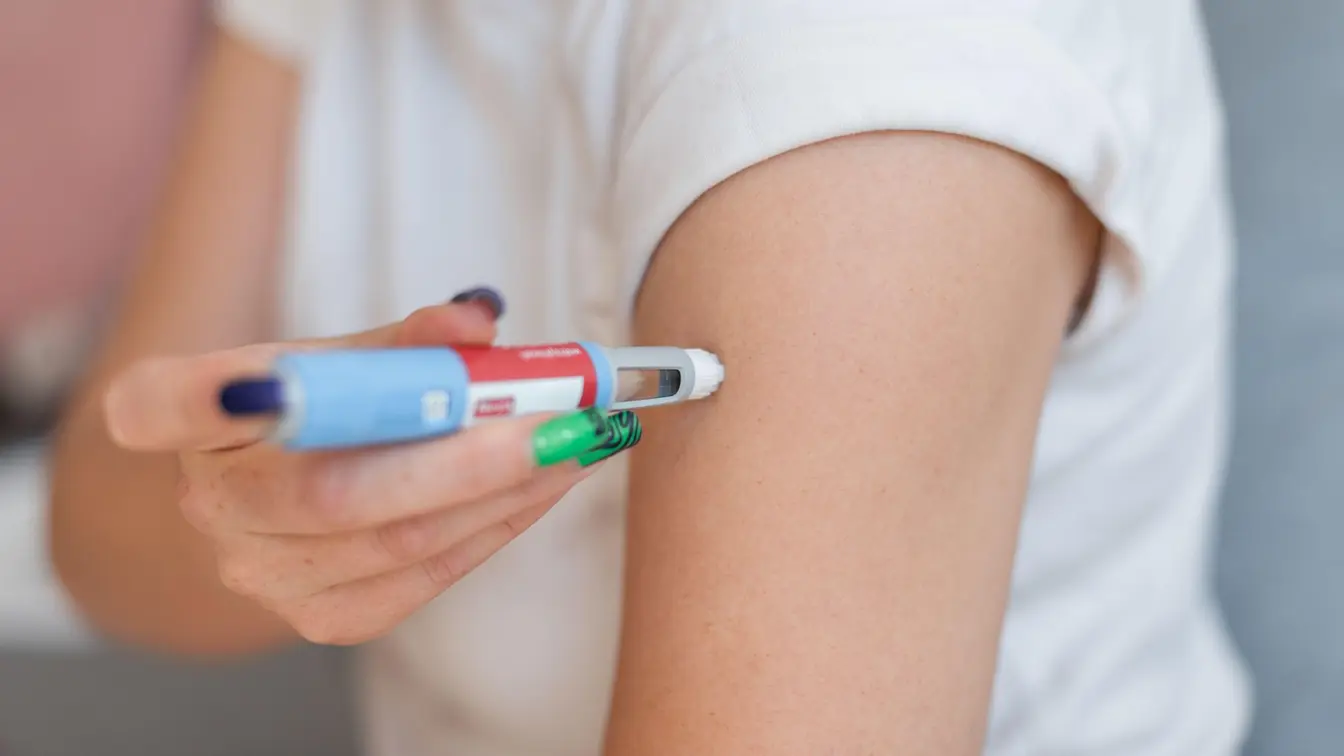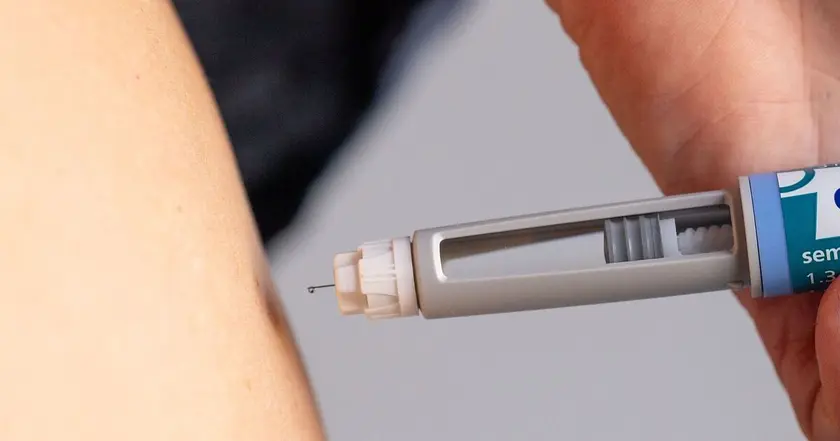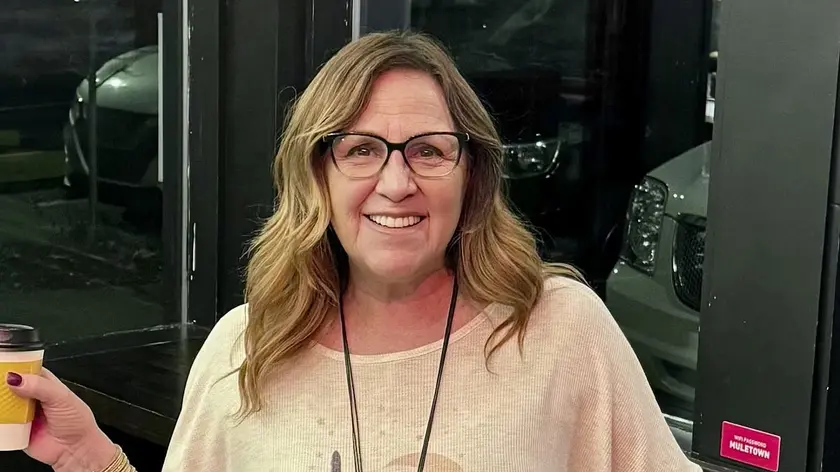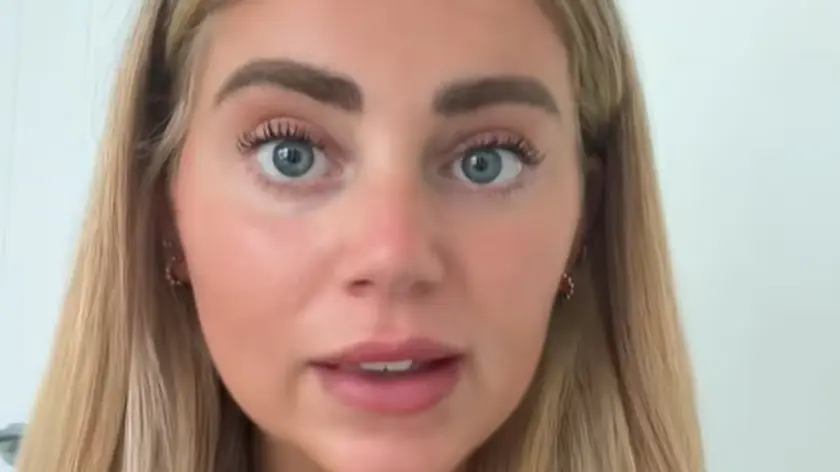T4K3.news
Teens weight loss injections raise safety concerns
A mother gives her 13 year old injections bought online, prompting questions about safety and oversight of pediatric weight loss treatments.

A mother administers GLP-1 injections to her 13 year old daughter after NHS funding gaps, prompting questions about safety, ethics and oversight.
Teens weight loss injections raise safety concerns
In Plymouth a mother says her 13 year old Hayley is obese by NHS standards but does not qualify for NHS funded weight loss injections. She bought Mounjaro online and gives Hayley injections in secret, believing the treatment helps despite medical warnings. Experts say these drugs require careful clinical oversight and are not a guaranteed fix for emotional distress or body image issues.
The NHS has approved GLP 1 inhibitors for some adolescents but many cases still rely on non drug methods. Officials note that hundreds of thousands in the UK use these injections and a large share obtain them online. Doctors warn that using them without medical supervision can pose physical and mental health risks for young people and can seed unhealthy beliefs about food and body image.
Support from health professionals stresses that weight concerns in teens should be addressed with a team approach. Psychologists emphasize tackling underlying issues such as bullying and low self esteem while ensuring monitoring and follow up. Families are advised to seek psychological support alongside any medical plan and to consider long term effects before starting treatment.
Key Takeaways
"Children are still developing physically and emotionally, and any medication must be used with great caution."
Dr Carolyne Keenan on safety in pediatric pharmacology.
"The best way is a team approach that includes psychological support."
Dr Keenan on multidisciplinary care for weight concerns.
"Hayley was so low about her weight for years and cried over not matching friends clothes."
Emma on the daughter's emotional state.
"Right now I make sure her diet is healthy and we exercise together, hoping the injections give a reset."
Emma on current plan and expectations.
The piece highlights a tension at the heart of modern weight management. Desperate for relief, families may pursue medical shortcuts that escape official pathways, especially when funding is tight. The story also shows how medical expertise and parental intent can diverge as concerns about safety and long term wellbeing rise above immediate results. This tension calls for clearer guidelines on access for minors and stronger support systems that address the roots of weight struggles rather than just the symptoms.
Highlights
- Weight loss is not a shortcut to self esteem
- Care should start with empathy not injections
- A real solution needs experts not shortcuts
- Kids deserve help that goes beyond medicine
Weighted medical decisions for a minor tied to online access
The article centers on a minor receiving a drug without physician supervision and bought online, raising safety, ethical and legal concerns. It also notes potential long term mental health impacts and financial strain for families.
Care and caution must guide any teen weight management plan
Enjoyed this? Let your friends know!
Related News

Ozempic-like medications connected to risk of sudden blindness

Survey reveals weight loss drug side effects

Mother reveals secret to 100lb weight loss

Influencer hospitalized after weight loss drug overdose

Investigation launched after deaths linked to weight-loss jabs in Scotland

Five deaths linked to weight loss injections in Scotland

Mother suffers burst appendix after taking weight loss drug

Woman diagnosed with stomach cancer after ignoring heartburn symptoms
